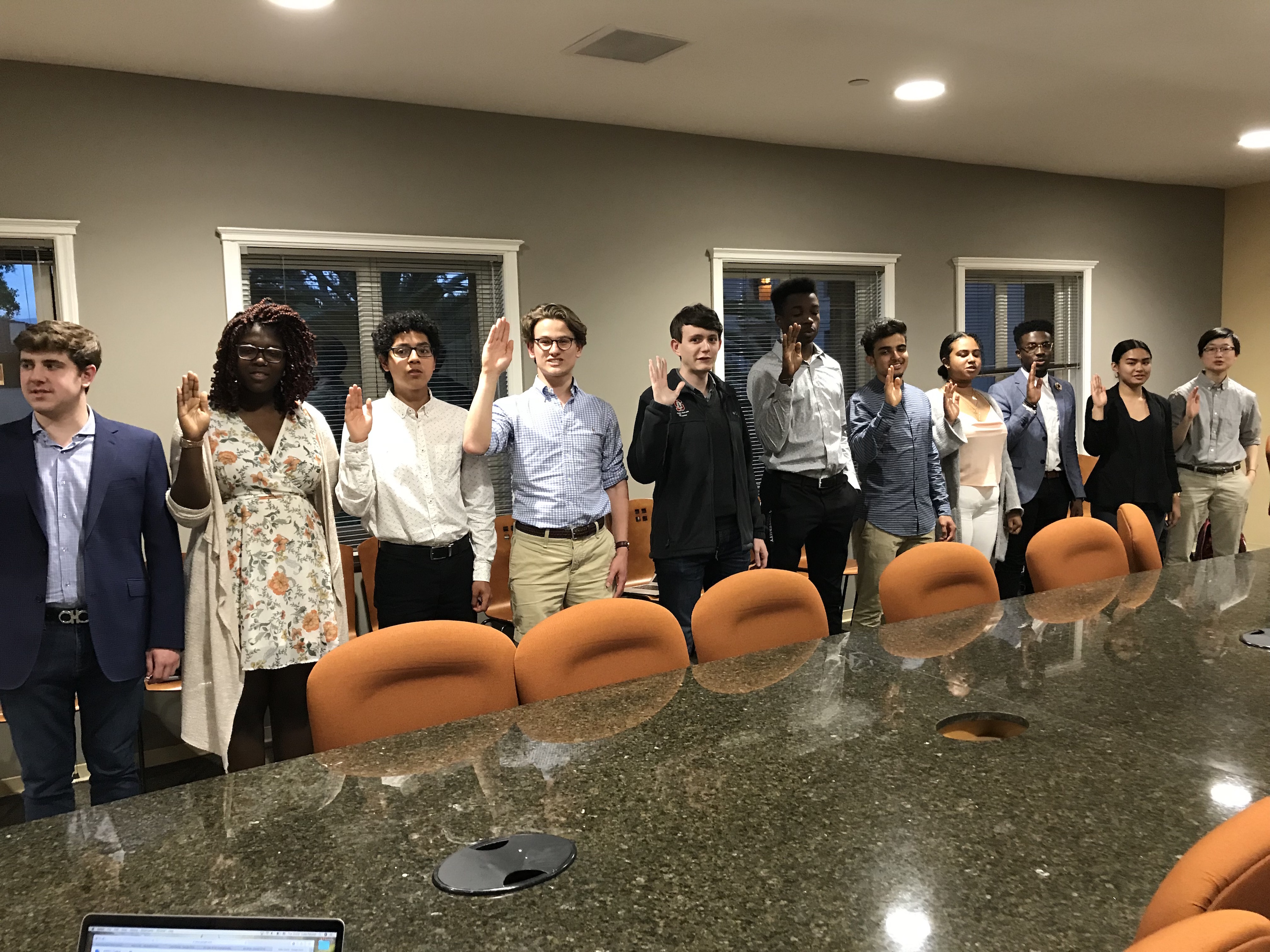In its sixth meeting, the 20th Undergraduate Senate debated options for supporting affordable healthcare in Stanford and the surrounding area. ASSU President Shanta Katipamula ’19 also introduced a bill to confirm two nominees to the Constitutional Council.
Senator Melody Yang ’21 opened the healthcare discussion with a proposal for a bill supporting the Service Employees International Union United Healthcare Workers (SEIU-UHW), which is advocating for ballot measures to reduce the cost of healthcare in Palo Alto hospitals. Specifically, the Senate bill targets Stanford Health Care, which SEIU-UHW claims has scored poorly on Hospital Acquired Condition quality-of-care measures while charging significantly more than its competitors.
The conversation surrounding the bill centered on the high costs of treatment at Stanford Health Care. Senators also discussed whether or not the Senate should focus on health care issues more specific to the student population rather than SEIU-UHW’s initiatives, which are aimed at the broader Palo Alto area.
“I’m not sure that we fully understand what we’re doing yet in a way that we should go out and endorse this,” said Senator Matt Wigler ’19. “A bill that simply expresses our commitment to working with Vaden and the University to make sure that students have access to healthcare at an affordable cost, similar to that at other peer institutions like Columbia where it’s much cheaper, would better serve our community. We should be focusing this on students and on Vaden rather than on broader Palo Alto politics.”
Hannah Zimmerman ’21 spoke on the bill as the leader of the Stanford Coalition for Healthcare Reform (SCHR), a collection of pre-med and activist groups. Over the summer, SCHR worked with SEIU-UHW and continues to support the bill, but has since switched its focus to create a student oversight committee to work with Vaden and the Stanford Hospital.
“We are working on a couple of reforms including an affordable care town hall,” Zimmerman said. “At the end of each quarter, hospital administrators would be required to have an open town hall to talk about issues as well as create an anonymous online form. We’re doing gut reform at Stanford.”
Prior to the debate over Yang’s bill, Katipamula introduced two new undergrad nominees, Carson Smith ’19 and Jayaram Ravi ’19, to the Constitutional Council. The Constitutional Council is a non-elected body tasked with interpreting the ASSU constitution.
Ravi, who was present at the meeting, has been involved with the ASSU since his freshman year as a member of Frosh Council and the 18th Undergraduate Senate.
“I want to make sure that there’s an established process [for the Constitutional Council] because a lot of what has historically happened is ad hoc,” Ravi said.
The Senators also voted to table a civic engagement bill first proposed last spring by Senator Gabe Rosen ’19. The bill had aimed to increase voter registration in residential communities and community centers through financial and other incentives.
In tabling the bill, Rosen advocated support for the various civic engagement efforts already active on campus, including Stanford Votes.
Finally, Nicolay brought up the University’s recent decision to rename several campus landmarks named for Junipero Serra, a Catholic missionary who has been criticized for his treatment of Native Americans. Efforts to remove his name from campus began with a 2016 Senate resolution.
“When we make statements, those do make a difference on this campus,” Nicolay said.
Contact Erin Woo at erinkwoo ‘at’ stanford.edu.
